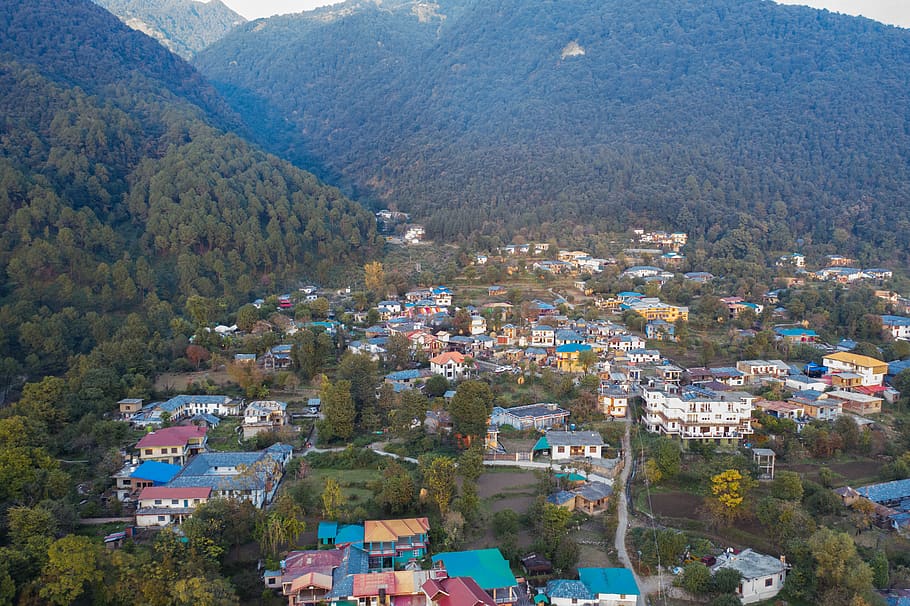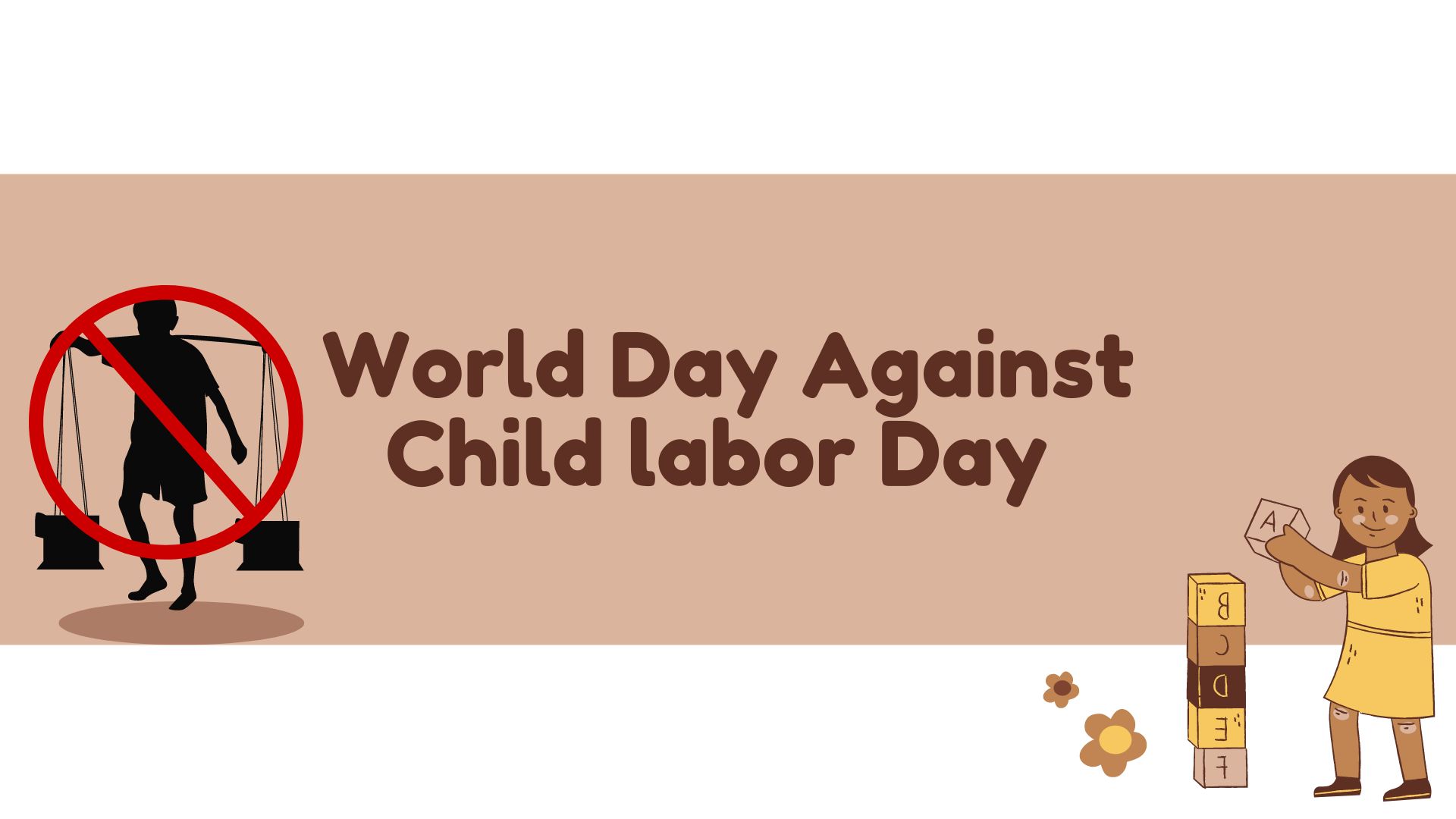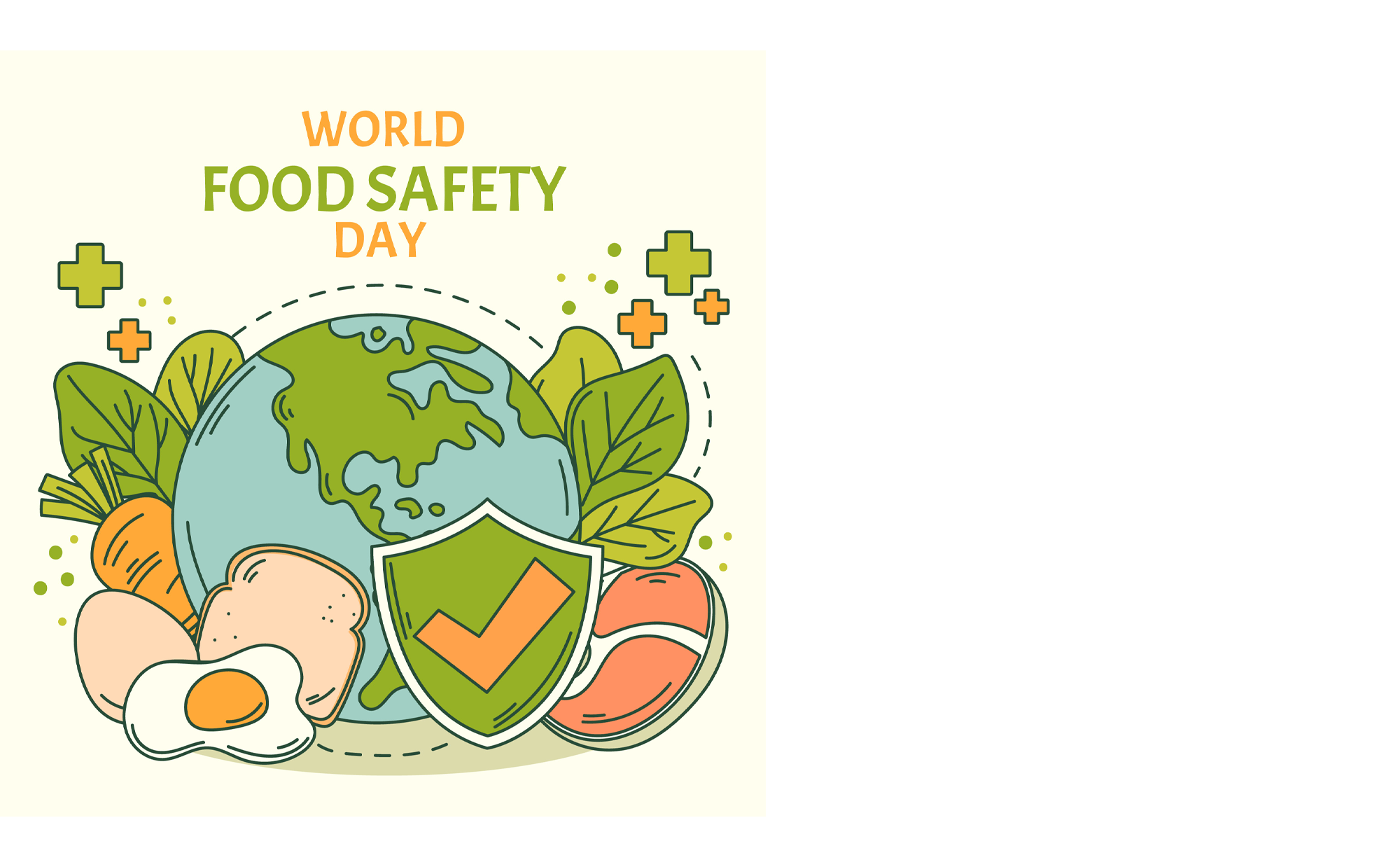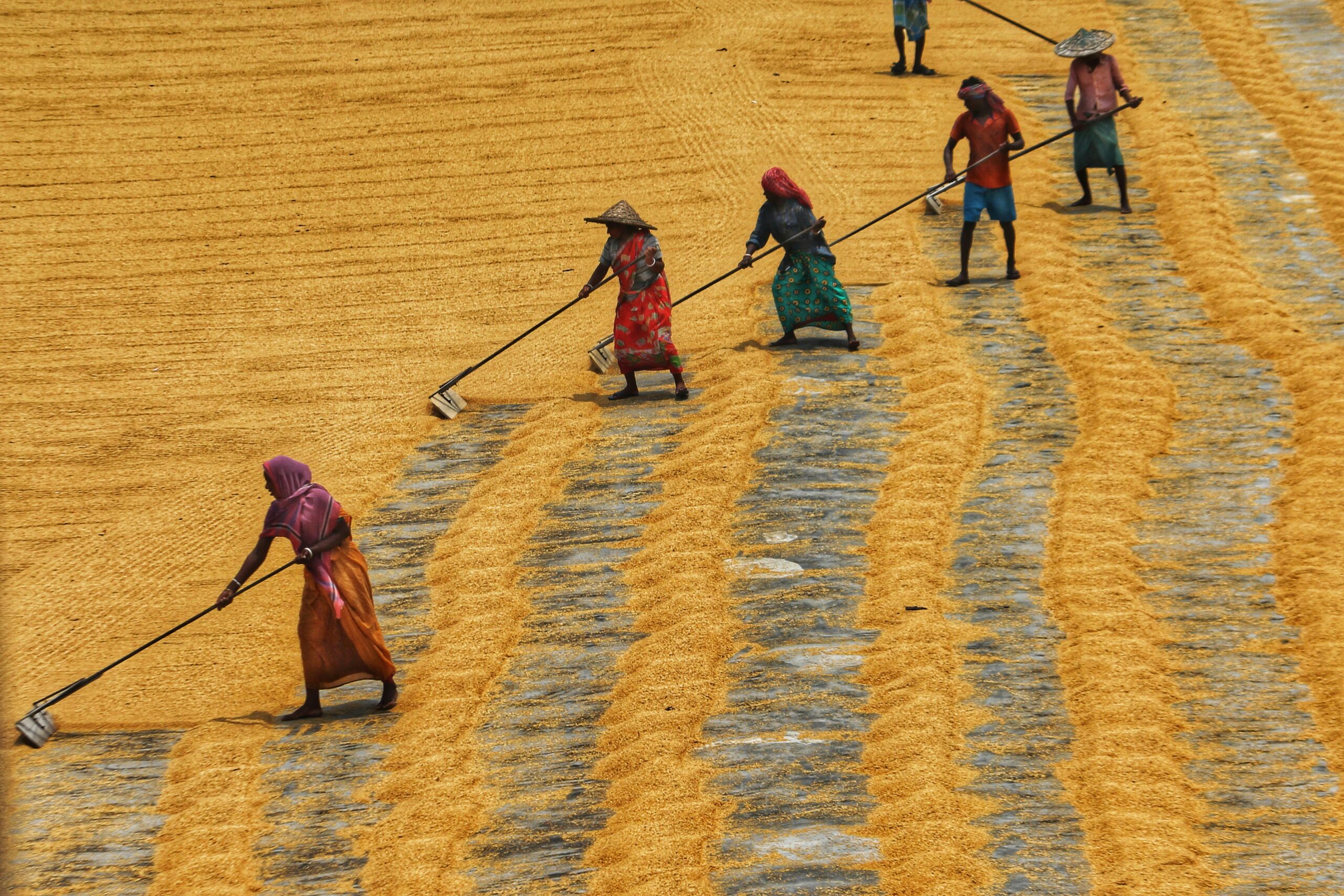Beyond the Horizon: Scaling Out Sustainable Tourism to Beat Plastic Pollution in India
Most of us love to travel. To explore new locations, nature, culture, people, food and so on. Me and my family are right now taking a break for a week in Mcleodganj in Himachal Pradesh. Great weather and lovely sights.
The season has been good here this summer with a heavy influx of tourists as one can tell from the overflowing mall road, steady parade of vehicles and busy shops and eating joints. Good for local enterprises, hotel owners, tour and taxi operators, small corner shops selling Maggi and tea.
Tourism in India is springing back to pre COVID times. Families have started to travel without fear of being infected. Perhaps a good time also for us to reconsider our behaviour as tourists. We haven’t been particularly responsible as tourists, throwing litter, overusing water, clogging roadways and the list goes on…
It will be unfair, however, to say that all tourists are alike. There is an increasing clientele for Sustainable Tourism.In recent years, there has been a significant shift in consumer attitudes and preferences towards more sustainable and responsible travel options. Travelers are becoming more conscious of the environmental, social, and cultural impacts of their trips and are seeking ways to minimize their footprint while supporting local communities. This creates a great opportunity to promote sustainable tourism practices.
Destination stakeholders including asset owners, tour operators, local Panchayats, experts could come together and create Do’s and Don’ts for tourists, in addition to promoting local culture, food besides promoting inclusive and sustainable practices.
The theme of World Environment Day this year is – beat plastic pollution. Destination stakeholders can play a significant role in beating plastic pollution, if they come together and run a campaign to make destinations single use plastic free and implement a plan to progressively reduce or even phase out plastic pollution in destinations. Some practices that they can consider implementing include:
- Reduce Single-Use Plastic: Encourage the use of reusable water bottles, shopping bags, and utensils among travellers and provide the necessary infrastructure to enable such practices.
- Plastic-Free Accommodations: Hotels and rental accommodations can implement policies to minimise the use of plastic at their properties, such as replacing single-use toiletries with refillable dispensers, and using glass or metal containers instead of plastic packaging.
- Plastic-Free Dining: Restaurants and cafes can opt for biodegradable or compostable alternatives to single-use plastic products like straws, cutlery, and takeaway containers.
- Waste Management and Recycling: Implement effective waste management systems that include proper segregation, recycling, and disposal of plastic waste. Involve and educate staff and guests about recycling practices.
- Support Local Sustainable Products: Encourage local artisans and businesses to produce and sell eco-friendly products.
Implementing such sustainable tourism practices can significantly contribute to beating plastic pollution by reducing the use and improper disposal of plastic items, promoting responsible consumption, and fostering a culture of environmental stewardship among travelers and local communities. All of us, as tourists, would have to also play our part in making such campaigns successful.
Let’s co-create a tourism model to beat plastic pollution across 100 major destinations in India. Scaling the Sustainable Tourism model in India is possible!
“NOTE: The views expressed here are those of the authors and do not necessarily represent or reflect the views of CRB.”













































































































